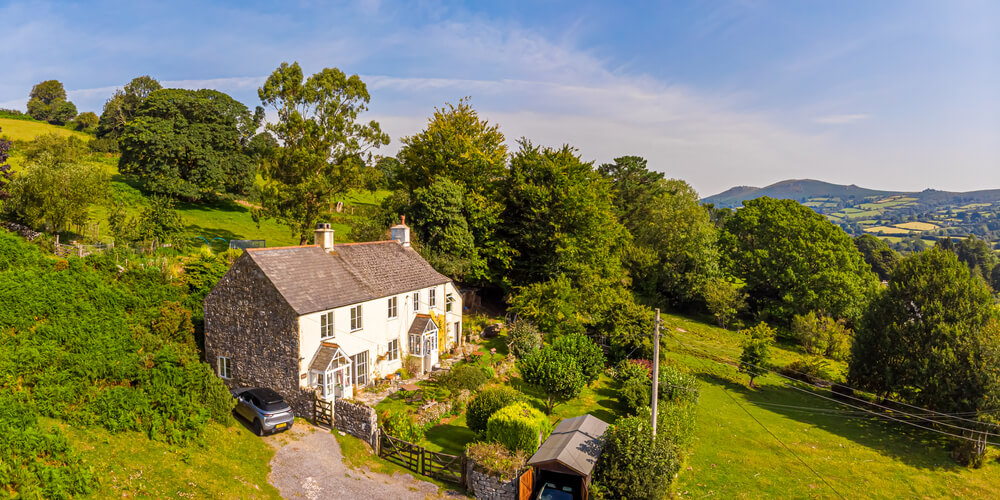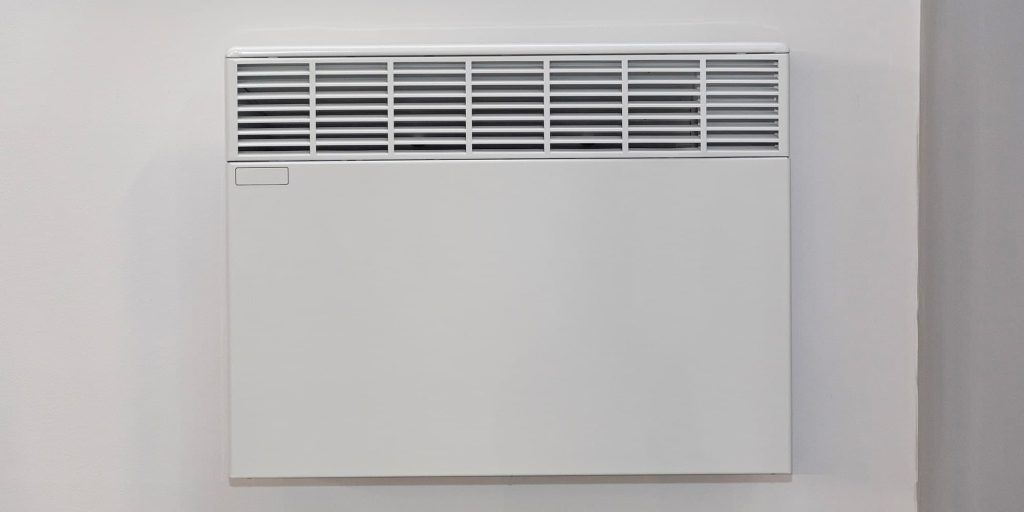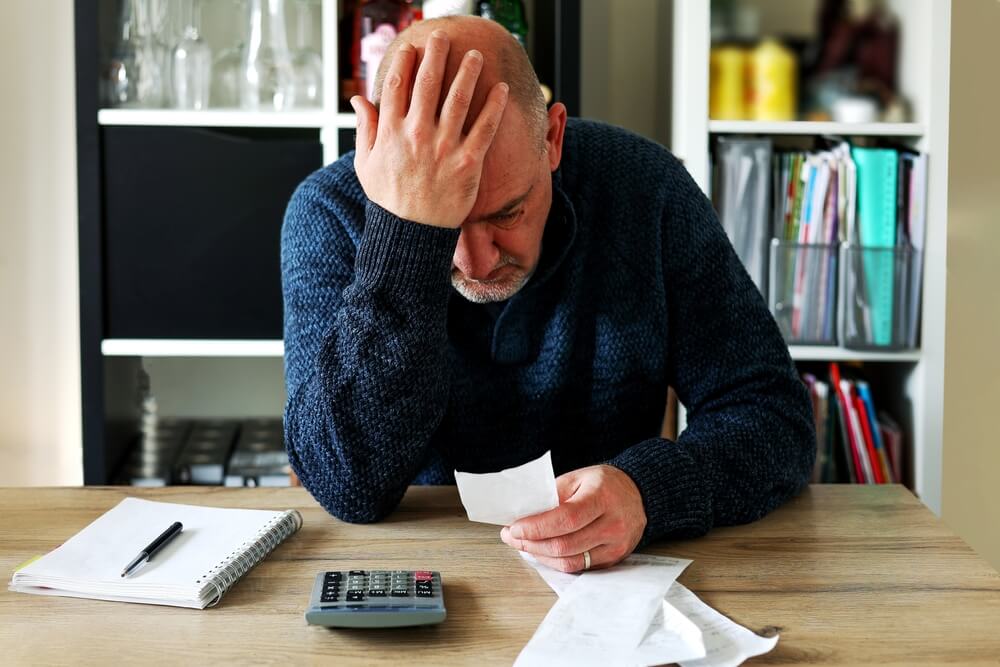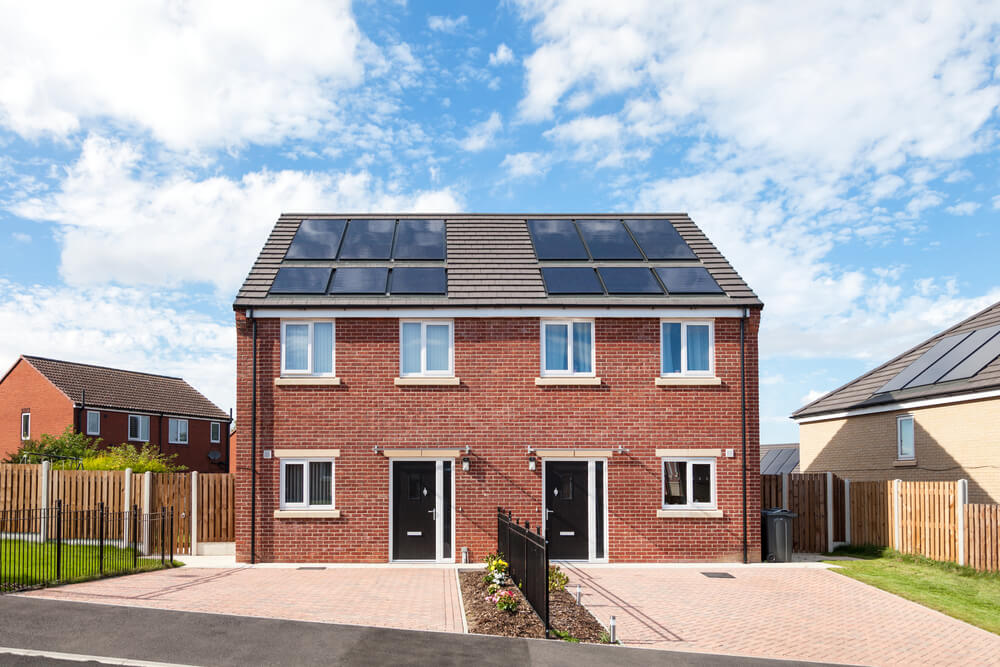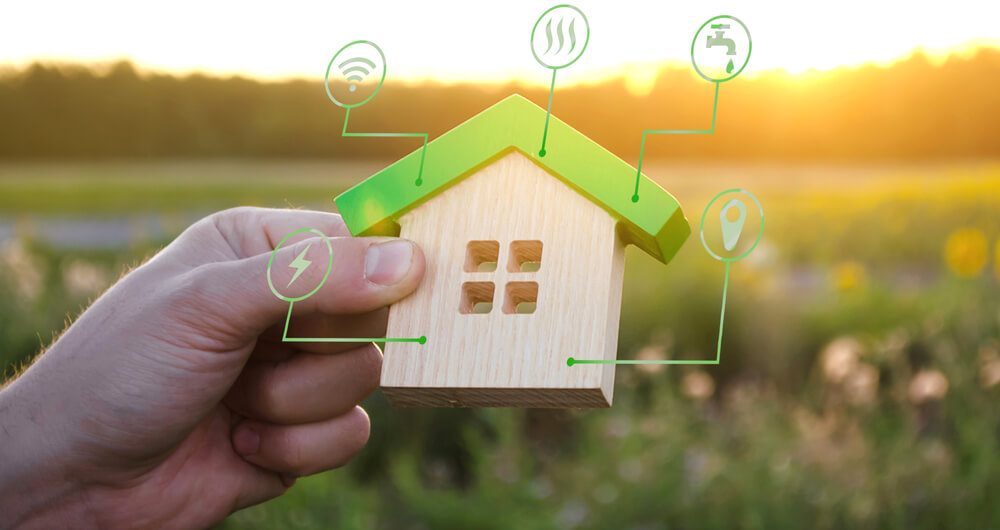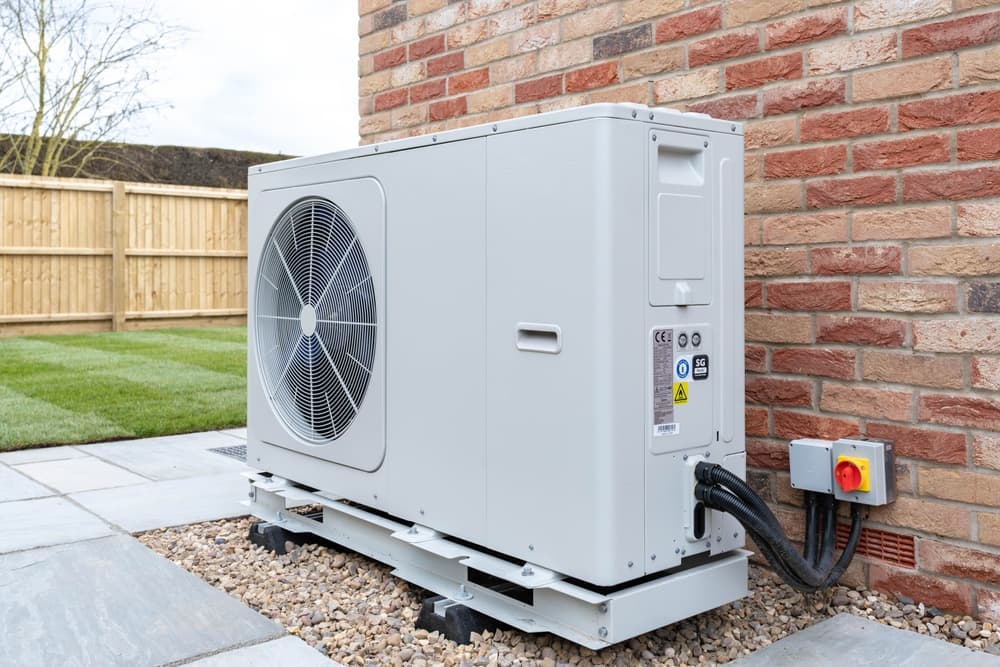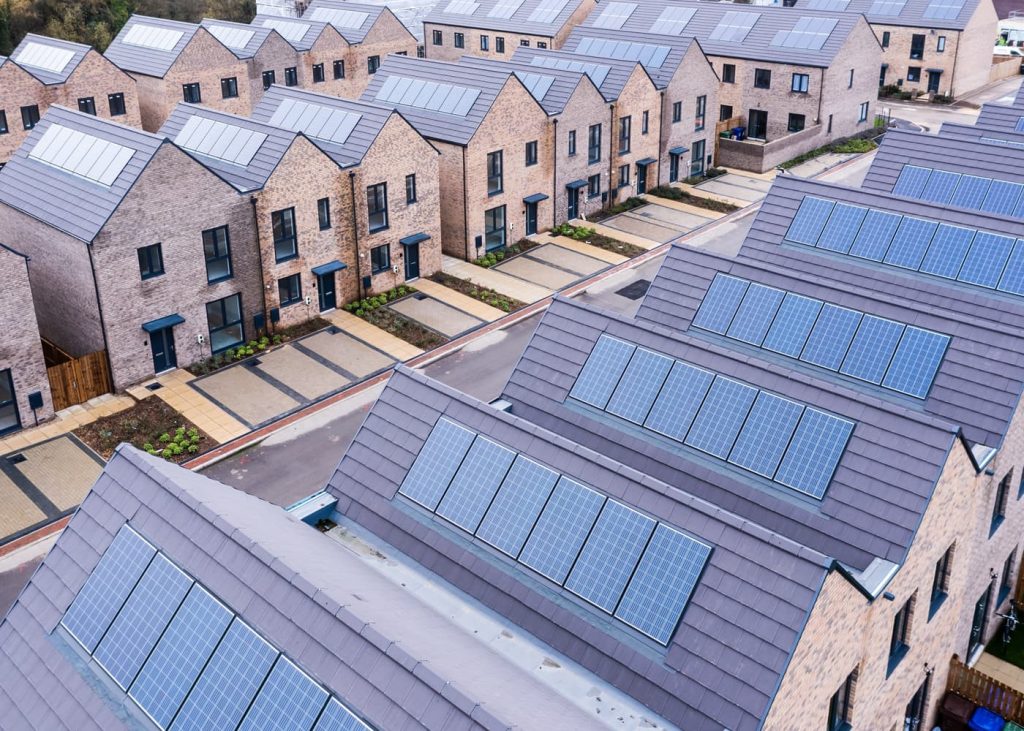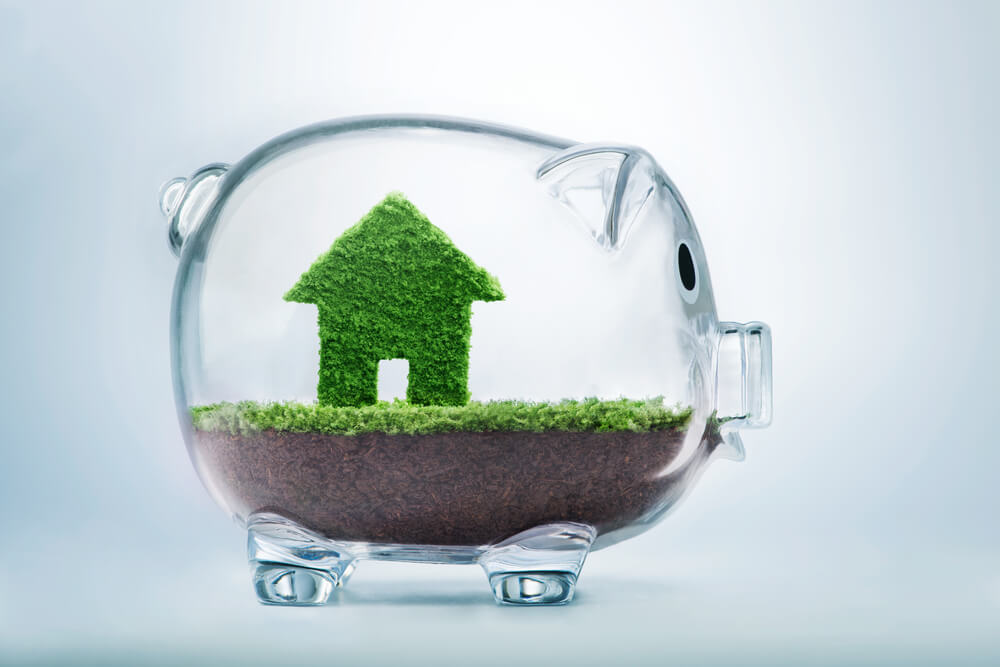April 25th, 2024
Solar panels: are they worth the cost?

"*" indicates required fields
- Save 70% on average on your electricity bills
- Expert advisors with decades of experience
- Partner with Growatt, the No. 1 global supplier

If you’re looking to reduce your home’s carbon footprint while also saving some money, a solar panel installation might be for you. With rising energy costs and concerns over climate change, solar energy is becoming more popular in the UK. As a result, here at Grant Store, we offer a full range of solar PV packages.
However, within this exciting progression for renewable energy solutions, one question persists: are solar panels worth it?
The answer to that question is based on a few different factors. These include:
- How much energy you use
- How much solar panels cost
- How long the solar panels last
- How much energy solar panels produce
- How you maximise your solar savings
- How suitable your house is for solar panels
What are solar panels and how do they work?
Solar panels are clever devices that convert daylight into electricity, using photovoltaic cells. These cells absorb the daylight, generating an electric current that is passed through a device called an solar inverter, converting it into electricity that can be used in your home.
How much money can you save with solar panels?
Solar panels can save you money on two fronts. First, they mean you’ll use less electricity from the grid, lowering your energy bills. And second, if you produce excess energy, you can earn money back through SEG (Smart Export Guarantee) payments. SEG tariffs differ widely, but you can switch between them, just as you can choose to change energy providers.
How much do solar panels cost?
The cost of solar panels varies based on various factors such as system size, panel quality and job complexity. Generally, you should expect to pay at least £5,000 for an installation. After this, it usually takes around 6-8 years to break even. This means, if you’re likely to move home within a decade, the investment is likely not worth the cost.
The initial cost of solar panels can be enough to put people off the idea. But don’t worry – there are a bunch of different solar energy grants and finance options that can help you get started on your solar panel journey.
How long do solar panels last?
Thankfully, solar panels are specially designed to be durable and long-lasting. Most manufacturers offer warranties ranging from 20 to 25 years, which means you could be signing up for a lifetime of savings.
As with anything though, their efficiency will slow over time. However, with proper maintenance it is possible for them to outlive their warranty – sometimes lasting 30 years or more.
How much energy do solar panels produce?
How much energy a solar panel produces depends on factors such as panel size, efficiency, location, and daylight exposure. Electricity output is measured in kWh, which stands for kilowatt hours. Most panels available today can produce anywhere from 250 to 400 watts per day. When combined, a typical household solar system has a capacity of 1kWh to 4kWh.
Production may fluctuate throughout the year due to weather conditions and sun angles. However, even in areas with less daylight, solar panels can still generate a significant amount of electricity, making them a viable option for many households.
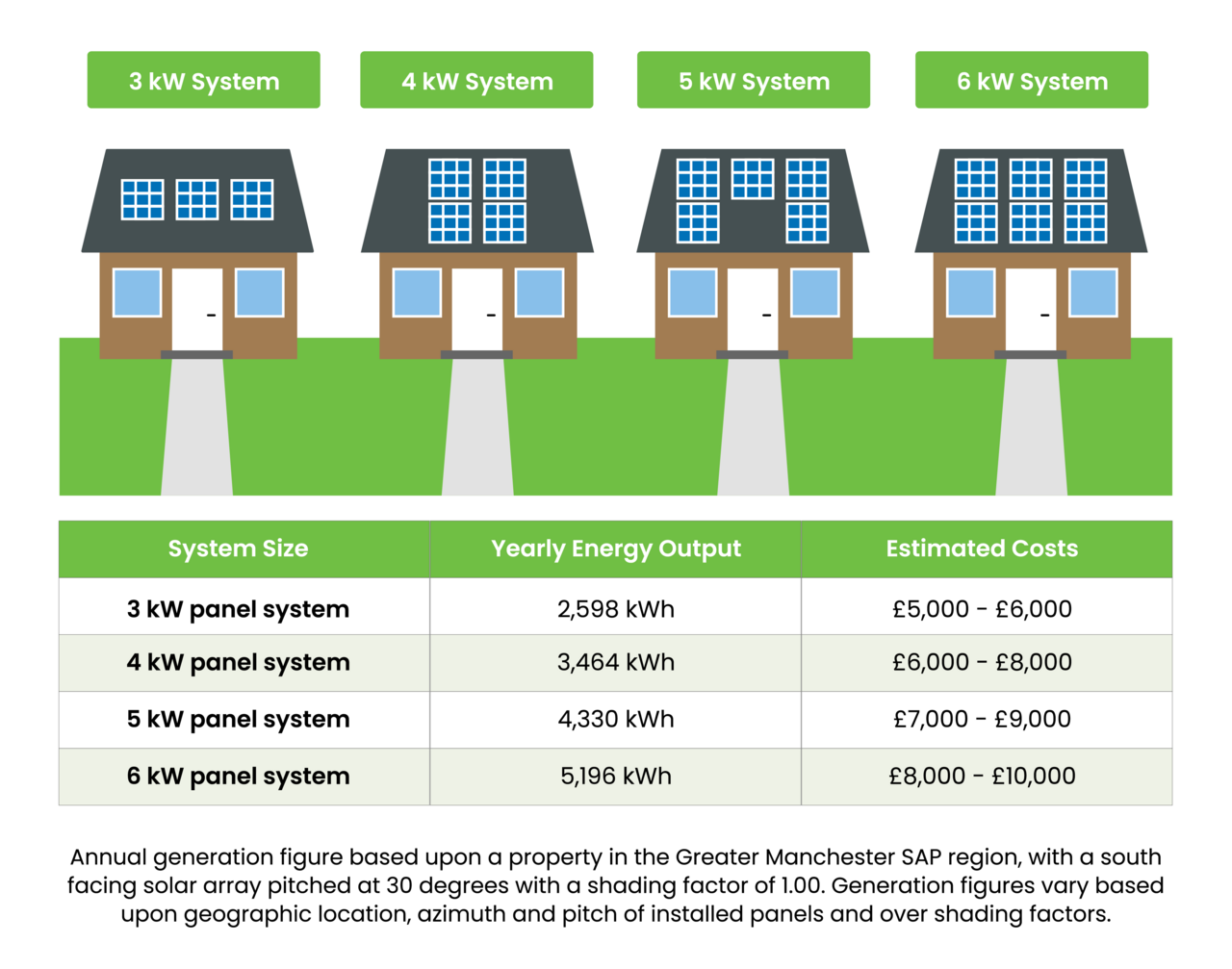
How can you make the most out of solar panels?
To maximise your solar savings, use the most electricity while you’re generating it e.g. in daylight hours. This means you’ll be using less energy from the grid, saving you money.
If you find that you’re producing a lot of excess electricity, instead of selling that back to the grid, you could invest in a solar battery. These have an average price of roughly £4,500, but will let you use solar power at night, so you can keep saving at all times.
The good news is that in most cases, you won’t need planning permission for solar panels as they are usually considered “permitted development” in England and Wales, with some exceptions for conservation areas.
We know that all this technical information can be a bit overwhelming, which is why our team of experts is on hand to answer any questions you may have.
Did you know, you might qualify for free solar energy grant?
With over 50 years of experience in our field, you can count on us to give you sound, honest advice. Get in touch today and start saving tomorrow.
Latest News
April 24th, 2024
Understanding Electric Storage Heaters: Cut Your Bills And Save Some Cash
April 23rd, 2024
The Energy Crisis Support Scheme: How It Can Help You
April 23rd, 2024
How To Improve Your Home’s EPC Rating: A Guide to Boosting Efficiency and Reducing Costs
April 23rd, 2024
The ECO Scheme Explained: A Guide to Greener Living and Lower Bills
April 23rd, 2024
How to apply for the ECO4 Grant: Everything you need to know
April 18th, 2024
The Complete Guide to Heat Pumps: Benefits, Costs, Savings, and Efficiency
March 13th, 2024
What size solar PV system do I need?
February 27th, 2024
